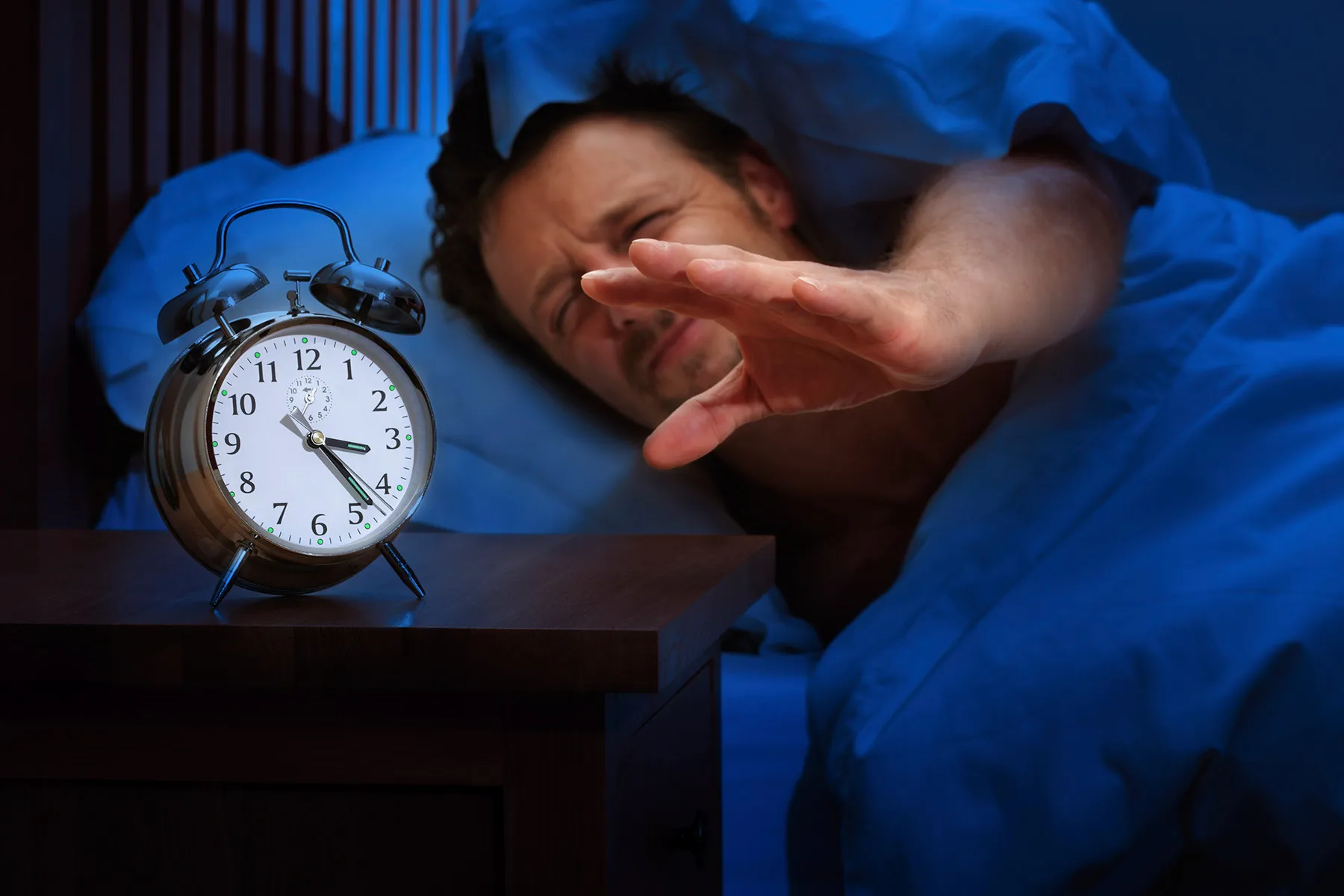Nov. 5, 2021 — , and a bump in heart attacks. And although many people take the extra hour this weekend to indulge in waking activities, experts say using that time for sleep could make a significant difference in your health.
“Consistency in the timing of when we sleep and wake is every bit as important as the duration of the time we sleep, and there is plenty of research on the adverse effects,” says Charles Czeisler, MD, chief of the Division of Sleep and Circadian Disorders at Brigham and Women’s Hospital in Boston. “It’s always good to get an hour more of sleep, as long as people take advantage of that. If they go to bed at their usual time and wake up an hour later, it will have health benefits.”
Daylight saving, which was started to conserve energy, forces our internal clocks to compete with our watches. Inside the brain’s hypothalamus is a “master” called the , the immune system, and our body’s physiology, which means any disruption can have significant effects.
A 2019 report found a higher risk of heart attack after both time changes, but particularly during daylight saving.
Interruptions to circadian rhythm can also impair focus and judgment. A , he says. One study showed that hospitals reported an 11% increase in depressive symptoms just after the fall time change. This may be a result of lost daylight, he says.
But there are ways to make the transition easier and increase your chances of taking full advantage of the extra hour. If possible, Fargo says, it is helpful to make slight adjustments to your schedule in the days leading up to the time change. This, he says, could make for a smoother transition.
“Start going to bed 15-20 minutes early in the days beforehand,” he says. “That will help your body get used to the difference.”
Other tips include:
- Avoid alcohol and caffeine — both common causes of poor sleep.
- Avoid too much screen time before bed.
- Limit daytime naps to regulate your sleep schedule.
- Avoid heavy meals within a couple hours of bedtime.
“The key is, if your schedule permits you to do so, go to bed when the clock says it’s an hour earlier, Czeisler says. “If you’ve been burning the candle at both ends and you’re chronically sleep-deprived, which most people are, this weekend is your chance to work on it.”
